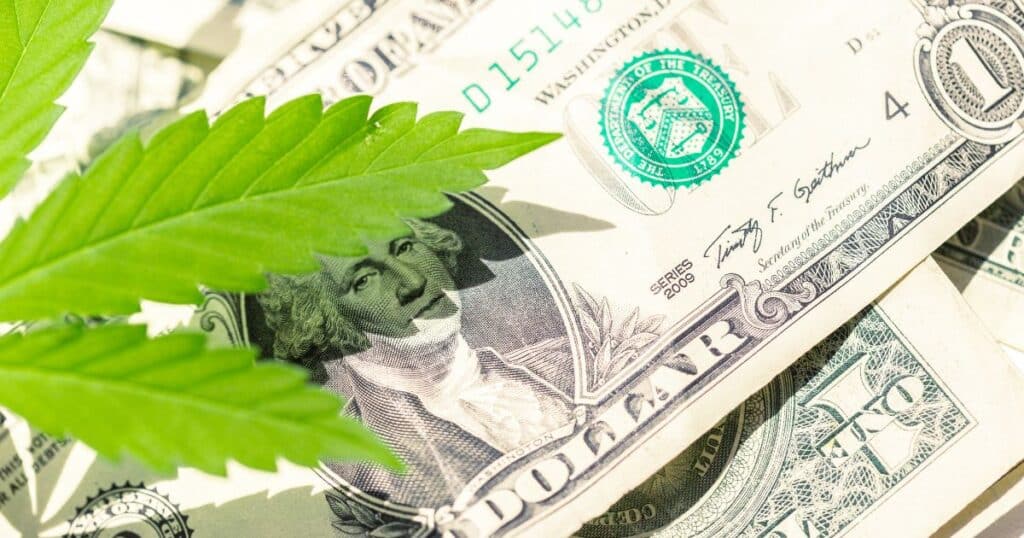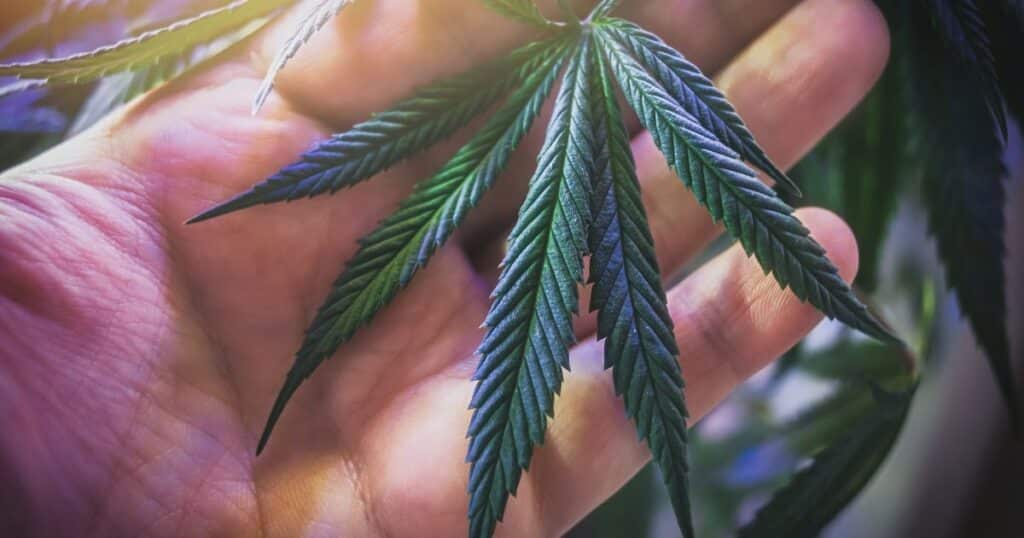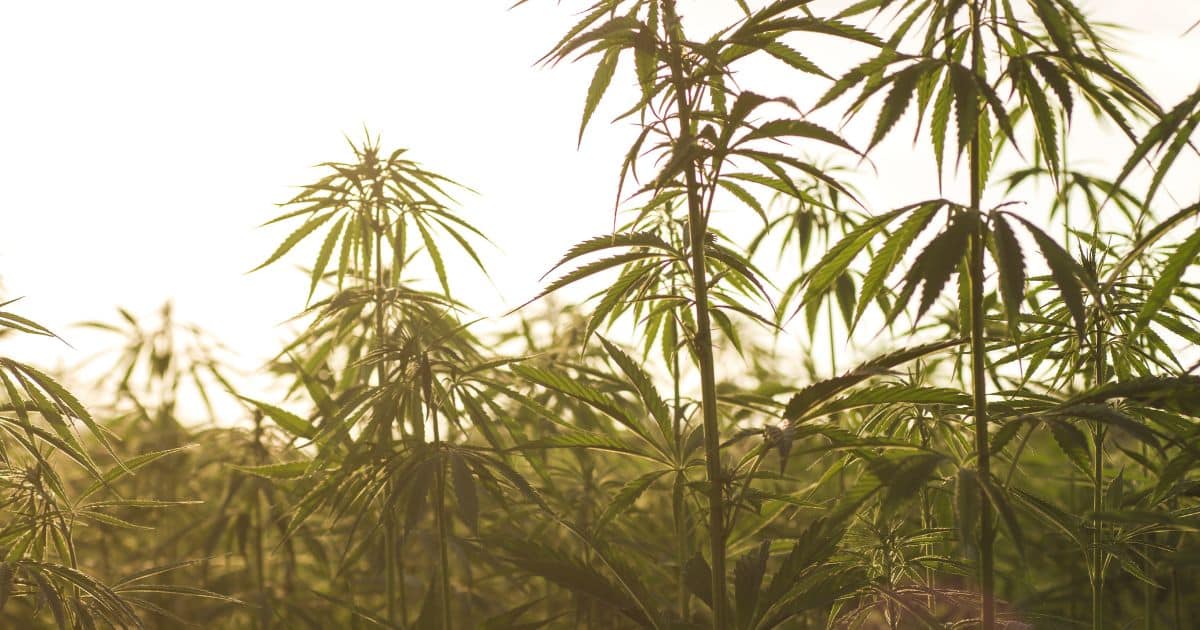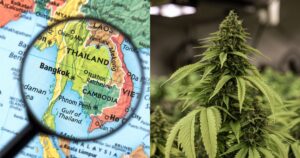Tallahassee, FL– Recently, Florida Governor Ron DeSantis vetoed Senate Bill 1698 (SB 1698), a move that has stirred both the hemp and cannabis industries. The bill aimed to regulate hemp products more strictly, especially those appealing to children.
This veto comes at a critical time, as Amendment 3, which seeks to legalize recreational cannabis for adults 21 and up, will be on the ballot in November. Governor DeSantis has been an outspoken critic of this amendment, leading many to question his motives behind the veto. Is this really about public health, or are deeper political and financial motives at play?

Understanding SB 1648
SB 1648 was designed by lawmakers to introduce stricter regulations on hemp products that they believe would enhance consumer safety and protect vulnerable populations, particularly children. Key provisions included:
- Defining “Total Delta-9-Tetrahydrocannabinol Concentration”: Setting clear standards for THC levels in hemp products.
- Manufacturing and Sales Conditions: Establishing conditions for the production, delivery, and sale of hemp extracts.
- Child Protection: Prohibiting products that are attractive to children.
- Compliance Enforcement: Restricting the sale of non-compliant hemp products until they meet state laws.
Before the Governor’s veto, it passed the Senate with a vote of 39-0.
DeSantis’s Veto Message
Governor DeSantis cited several reasons for his veto of SB 1648. He acknowledged the importance of consumer protections but argued that the bill would impose undue regulatory burdens on small businesses and disrupt the hemp industry’s growth. His key points included:
- Support for Small Businesses: DeSantis emphasized that small businesses are the cornerstone of Florida’s economy. He claimed that the bill would introduce dramatic disruptions and harm numerous small retail and manufacturing enterprises that have thrived under recent legislation encouraging hemp commercialization.
- Regulatory Concerns: He expressed concerns that SB 1648 would fail to achieve its intended purpose of protecting consumers and ensuring product safety.
Governors’ Recommendations for Future Legislative Considerations
Governor DeSantis encouraged the Florida Legislature to revisit the topic of hemp regulation in the next session, emphasizing quality control, labeling, marketing, packaging, and retail sales.
Quality Control
DeSantis urged the Legislature to establish stringent standards for the cultivation, processing, and handling of hemp products to ensure their purity, potency, and safety.
This would involve implementing random, unannounced inspections, standardized and repeated testing, as well as setting dosing, packaging, and unit purchase caps that correspond with the nature and intoxicating capabilities of the products.
He noted that Senate Bill 1648 fell short in these areas and called for more robust measures, including record-keeping requirements for sellers and suppliers.
Labeling, Marketing, and Packaging
The Governor highlighted the need for accurate labeling that includes cannabinoid content, sourcing information, health claims, and dosing instructions.
Furthermore, he recommended that packaging should be child-resistant by default and that all advertising that makes hemp products attractive to minors should be prohibited.
Retail Sales
DeSantis proposed that hemp-derived cannabinoids should be sold behind the counter and that retail shops should be located away from schools, religious institutions, and other places where children and families gather.
He stressed that these shops should not present themselves as medical offices and suggested measures to prevent an oversaturation of these retail locations in communities across the state.
Contradictory Actions Against Florida Cannabis?
Governor DeSantis’s veto of SB 1648 is particularly intriguing given his staunch opposition and the Florida GOP announcing its opposition to Amendment 3, which proposes legalizing recreational cannabis in Florida. This apparent contradiction raises several questions about his true motives:
Financial Incentives: Recent reports suggest that the governor’s decision might be influenced by financial considerations. By vetoing the hemp restrictions, DeSantis may have aimed to gain favor with the hemp industry, potentially securing their support in his campaign against marijuana legalization.
Political Strategy: Critics argue that this move could be a strategic attempt to pit the hemp and cannabis industries against each other. By allowing the hemp industry to thrive unregulated, DeSantis might be trying to draw financial backing from hemp proponents to counter the cannabis legalization effort.
Public Health Concerns: While DeSantis cites public health as a primary reason for his stance against cannabis legalization, allowing an unregulated hemp market seems contradictory. This inconsistency leads to skepticism about whether his concerns are genuinely health-driven or politically motivated.
Impact on Florida Cannabis and Hemp Industry
The veto of SB 1648 has ramifications for both the hemp and cannabis sectors in Florida:
Florida Hemp Industry
The veto preserves the status quo, allowing the hemp market to continue selling popular THC-infused products like delta-8 gummies. Consequently, this decision sustains the economic momentum of the hemp industry, which experienced substantial growth, estimated at $10 billion in sales in 2022.
Florida Cannabis Industry
While the veto doesn’t necessarily represent a setback for the cannabis industry, by maintaining the hemp industry’s economic interests, DeSantis potentially looks to secure its financial support against the marijuana legalization initiative, which most certainly would cut into the hemp industry’s pocket if passed.

Governor DeSantis’s veto of SB 1648 highlights the complex interplay between policy, politics, and industry in Florida’s evolving cannabis landscape. While he frames his actions as protective of small businesses and public health, the move raises questions about underlying political and financial motivations.
Therefore, as the state approaches the November vote on Amendment 3, it’s crucial for Florida residents and cannabis enthusiasts to stay informed and critically evaluate the implications of these decisions.
- Facebook and Instagram Loosen Cannabis Restrictions, But Is It Enough From Meta?
- Combating Violent and Dangerous Crime Act Targets “Candy-Flavored” Cannabis Products
- Retail Spotlight – Mayflower in Lowell, MA
- Benzinga Chicago 2025 Recap
- Iowa’s Surprising Veto of Psilocybin Bill HF 383
- North Carolina House Bill 328 and the Growing Trend of Hemp Regulation in the U.S.













